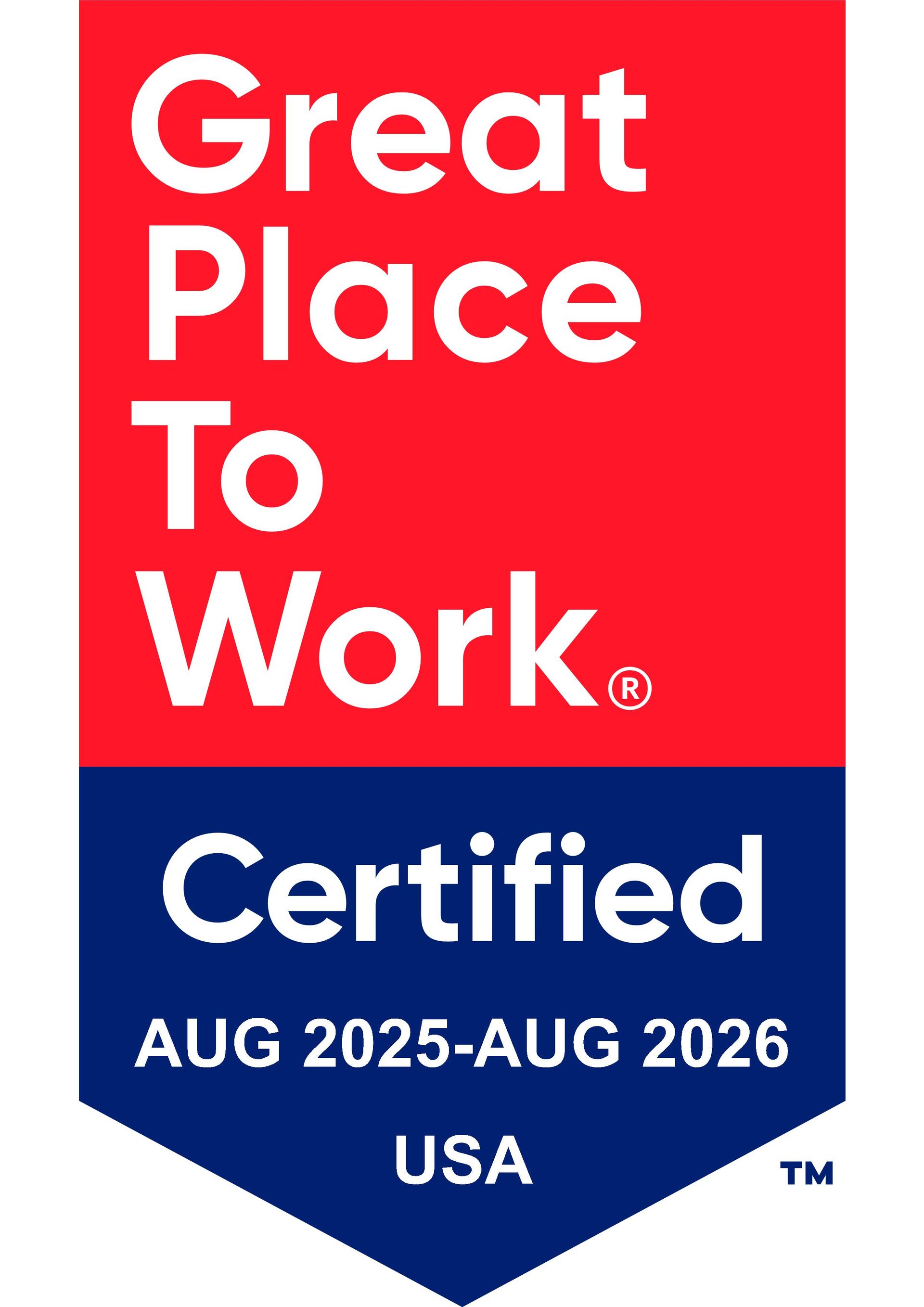
What are the 5 Most Common Employee Benefits?
9 September 2023

In the competitive landscape of talent acquisition in 2023, offering attractive employee benefits is crucial for any company aiming to secure top talent. In this blog, we will delve into the five most common employee benefits that companies provide to entice new talent. We will also explore how your company can enhance its offering while reducing costs, with KBI Benefits’ proprietary creative financing solutions.
Health Insurance
Health insurance is a cornerstone of employee benefits. It not only promotes the well-being of your workforce but also positively impacts your company's bottom line. Providing affordable healthcare options to employees can save them money and increase their productivity.
While health insurance is a common offering, KBI Benefits has pioneered creative financing solutions that can help your company save up to 30% on the same quality benefits. Consult with a KBI Benefits agent to discover cost-saving strategies that can free up more of your budget.
Life Insurance
According to the Bureau of Labor Statistics, around 55% of companies provide life insurance as part of their benefits package as of 2019, and that number has likely risen in recent years. Offering life insurance equivalent to an employee's salary, either fully paid or partially covered by the employer, can be a valuable addition to your benefits package with minimal effort required from your employees. Life insurance offers peace of mind to employees and their families, which can help them focus on their work.
Dental Insurance
Dental insurance is a cost-effective addition to your benefits package. Typically, employers and employees share the cost, often in an 80/20 split. However, this ratio can be adjusted to suit your business's needs so you can provide affordable dental care to your employees without straining your budget.
Retirement
Retirement benefits are a significant attraction for prospective employees. The most common retirement accounts offered by employers are 401(k)s and 403(b)s, depending on whether your company is for-profit or not-for-profit. Providing a robust retirement plan demonstrates your commitment to your employees' long-term financial security, making your company more appealing to top talent.
Flexible Spending Accounts (FSAs) or Health Savings Accounts (HSAs)
Flexible spending accounts (FSAs) and health savings accounts (HSAs) offer tax-advantaged ways for employees to manage healthcare expenses. While FSAs are available with most health insurance plans, they come with a "use it or lose it" clause, meaning unused funds are forfeited at the end of the year. HSAs, in contrast, never expire, allowing employees to save and invest in their future healthcare needs. Both FSAs and HSAs have their upshots for employees and employers alike. Speak with a KBI Benefits agent to discover which might be best for your employees.
Conclusion
Your investment in employee well-being and financial security can lead to a stronger, more loyal workforce and contribute to your company's overall success. KBI Benefits offers a range of innovative benefits solutions tailored to meet your employees' needs while optimizing your company's budget. Speak with a KBI Benefits representative today to explore how you can stay ahead of the competition by enhancing your employee benefits offering.



